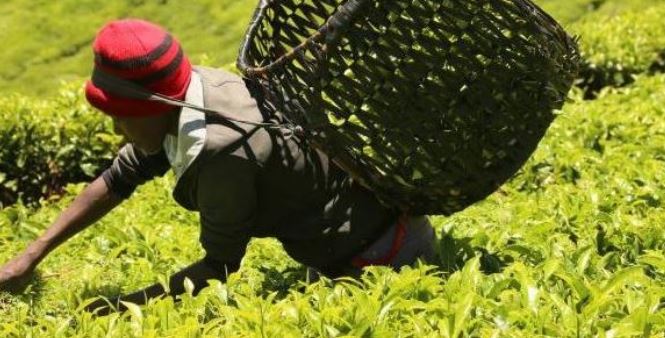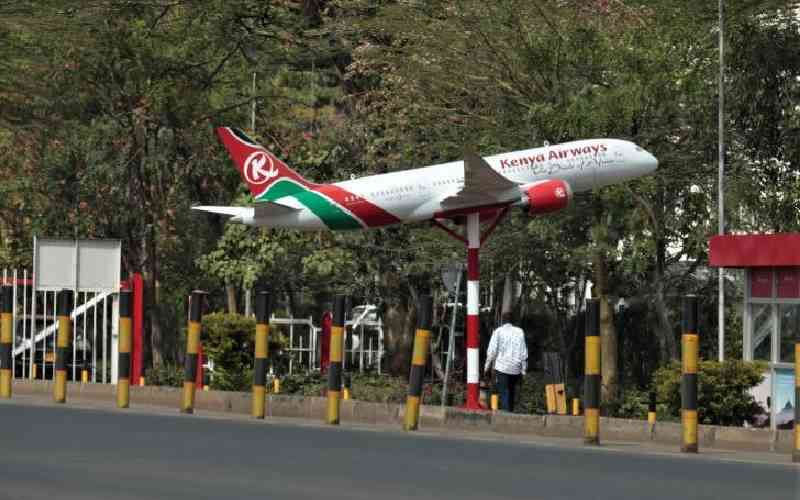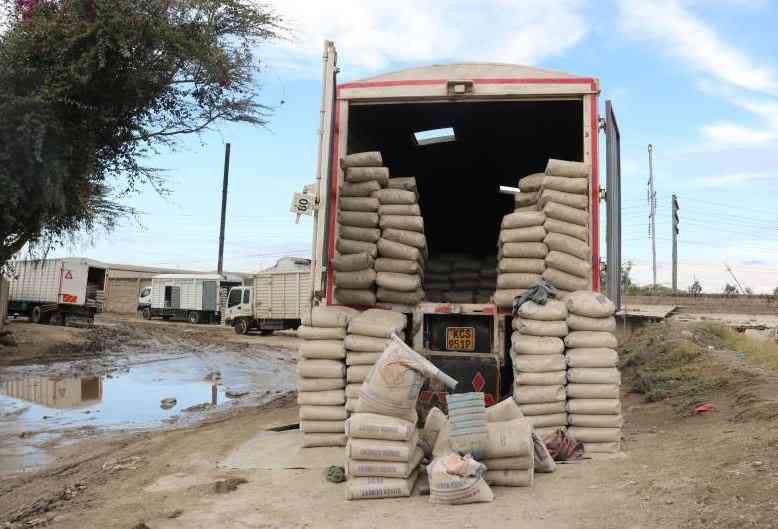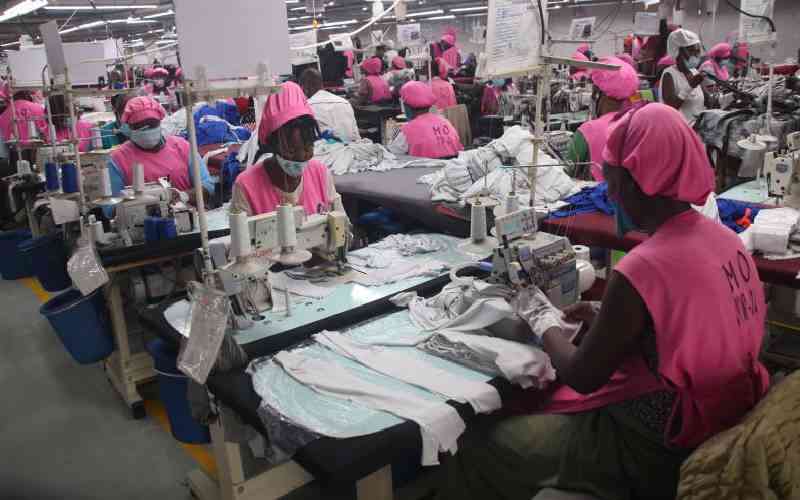×
The Standard e-Paper
Smart Minds Choose Us

Tea farmers countrywide but especially smallholders could look forward to better fortunes after the Tuesday night passing at Committee Stage of the Tea Bill which is the brainchild of Kericho Senator Aaron Cheruyoit.
The Bill which originated in the Senate was first intended to basically revive the Tea Board of Kenya to help regulate the sector and help market Kenya's tea abroad.







